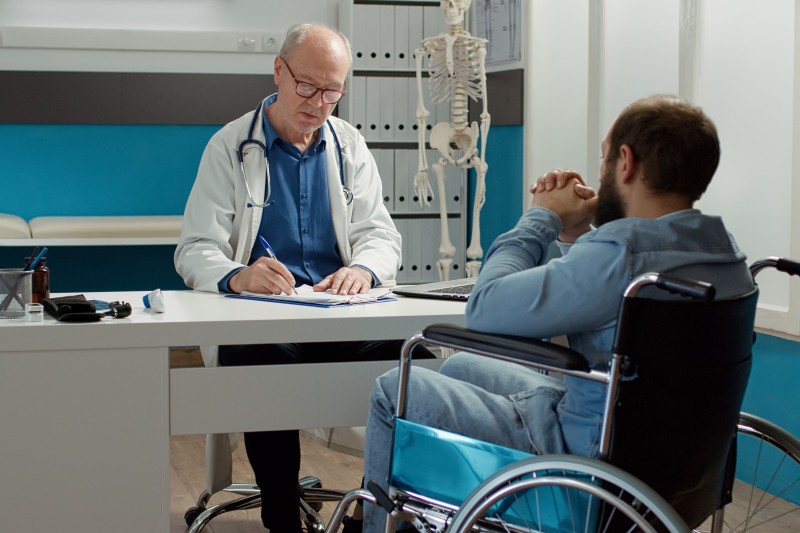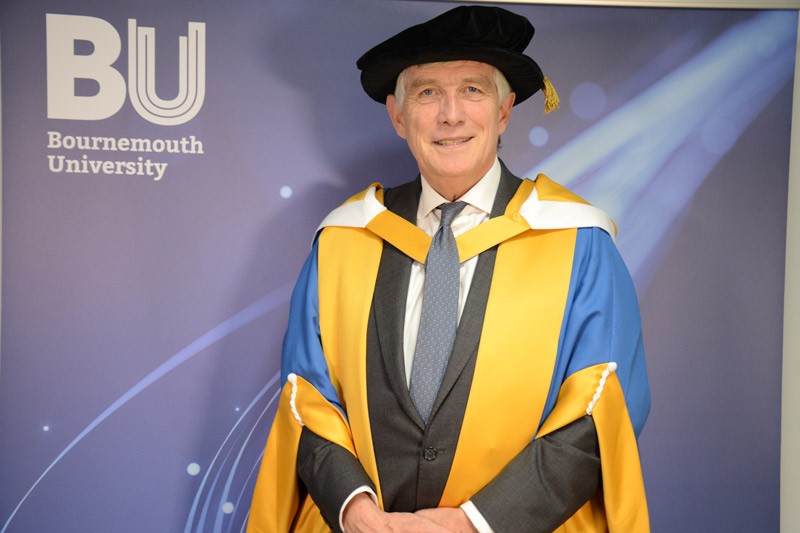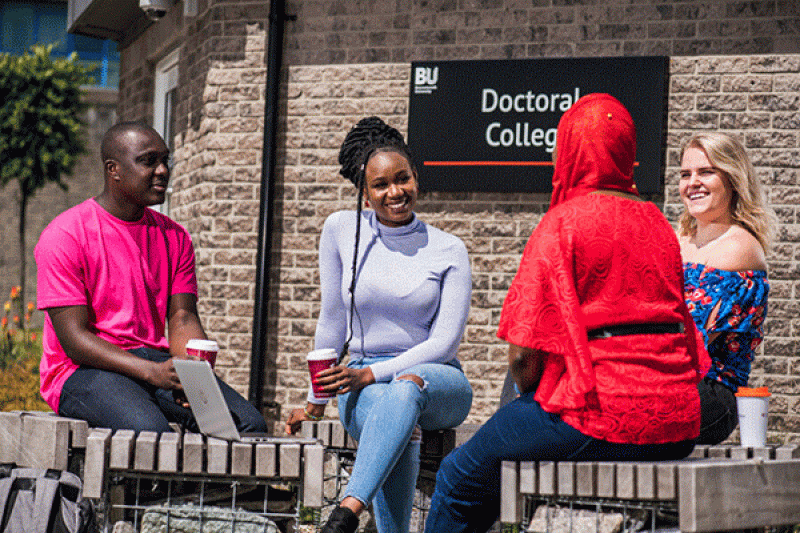
Disabled people can feel isolated, unsafe and that they are judged inappropriately when going through cancer care. These are some of the findings of a new report carried out by Help and Care, with the support of Bournemouth University.
The “What I Would Like to Say” study was commissioned by Wessex Cancer Alliance who wanted to understand more about why disabled and neurodivergent people experience poorer outcomes from their cancer care.
“The narrative presented provided one of the most powerful illustrations I have seen in nearly twenty years of working in health services of what it feels like for people for whom services are less accessible. The work brought to life the reality behind the statistics we see all the time,” said Sally Rickard, Director of Wessex Cancer Alliance.
The study followed Bournemouth University’s Public Involvement in Education and Research (PIER) community researcher model. This follows the principle that research should be designed by people with lived experience and understanding of the issues under investigation.
Two disabled and neurodivergent researchers led the project, supported by BU’s PIER team. They worked with community partners including Dorset Blind Association and Autism Hampshire’s Fareham Serendipity group to speak to forty-five disabled and neurodivergent people who had received cancer treatment.
Eight key themes were identified across all groups:
- I felt inappropriate assumptions made about me affected the quality of my care
- I felt unsafe during my cancer journey
- I could not physically access services
- I feel that information about my healthcare is not accessible for me
- I felt isolated and lonely
- I felt like I constantly had to advocate for myself because no one was listening to me
- I felt like there were multiple issues compounding my access to cancer services
- I feel like there is a resistance to change and adaptation to support me
Amongst the experiences shared by the participants was a feeling that healthcare workers can make ableist judgements about their disability; One participant had been “told with your impaired vision, maybe a shorter life would be better” and others noted that their practitioners made judgements about their intelligence and ability to understand. Many commented that medical equipment such as MRI and CT scanners were inaccessible or uncomfortable because of their disability; people with visual impairments felt information was inaccessible because of text sizes and colour in written content.
The community researchers organised a series of creative arts-based workshops where the participants could express their experiences in accessing care in a safe and informal setting. A clinical nurse who specialises in supporting cancer patients also assisted the workshops.
Participants and researchers both commented that having community focussed sessions, led by disabled people, meant that patients were much more open about their experiences than under a more formal research approach.
“We know from previous experience that people in marginalised communities do not always respond well to a rigid research structure,” said Dr Mel Hughes, Academic Lead for the PIER Partnership at Bournemouth University. “In this project we worked with partners and community groups who we have well established relationships with. It was not a case of researchers coming in and out. Some participants initially said they would attend for a short time but ended up staying for the whole two hours and asking when we could come back!” she continued.
Kate Jupp, PIER Officer at Bournemouth University who supported the community researchers added, “Having disabled researchers who understood the issues from their own experiences was crucial to the workshops’ success. We would not have got buy-in from many of the participants otherwise.”
Stevie Corbin-Clarke, Research Assistant at Bournemouth University who also worked with the community researchers said, “Some participants remarked that when they have been involved in research previously, they have completed questionnaires or interviews but never heard from the researchers again. We explained to the participants how they would be involved at all stages of the project and we tailored each session to each groups’ preferences which was very well received.”
“What works for one, doesn’t work for all,” added Kate. “We travelled to our partners to run most of the workshops so participants would feel more comfortable than if we had asked them to come into an academic environment. The one exception was an on-campus session for the Dorset Blind Association at the request of the participants who enjoyed making use of the university facilities.”
Changes in practice have already started as a direct result of the clinical nurse specialist being able to take what she learnt at the workshops back to the NHS.
Wessex Cancer Alliance will now go through the findings and recommendations of the report in detail to look at what changes are needed to provide a more inclusive service.
“Cancer experience and outcomes should be positive and equitable for all who use our services and by supporting Cancer Care for Everyone, we are ensuring more voices and more communities are getting involved.” Sally Rickard concluded.
You can read the full report and watch a video summarising the workgroup discussions below.



